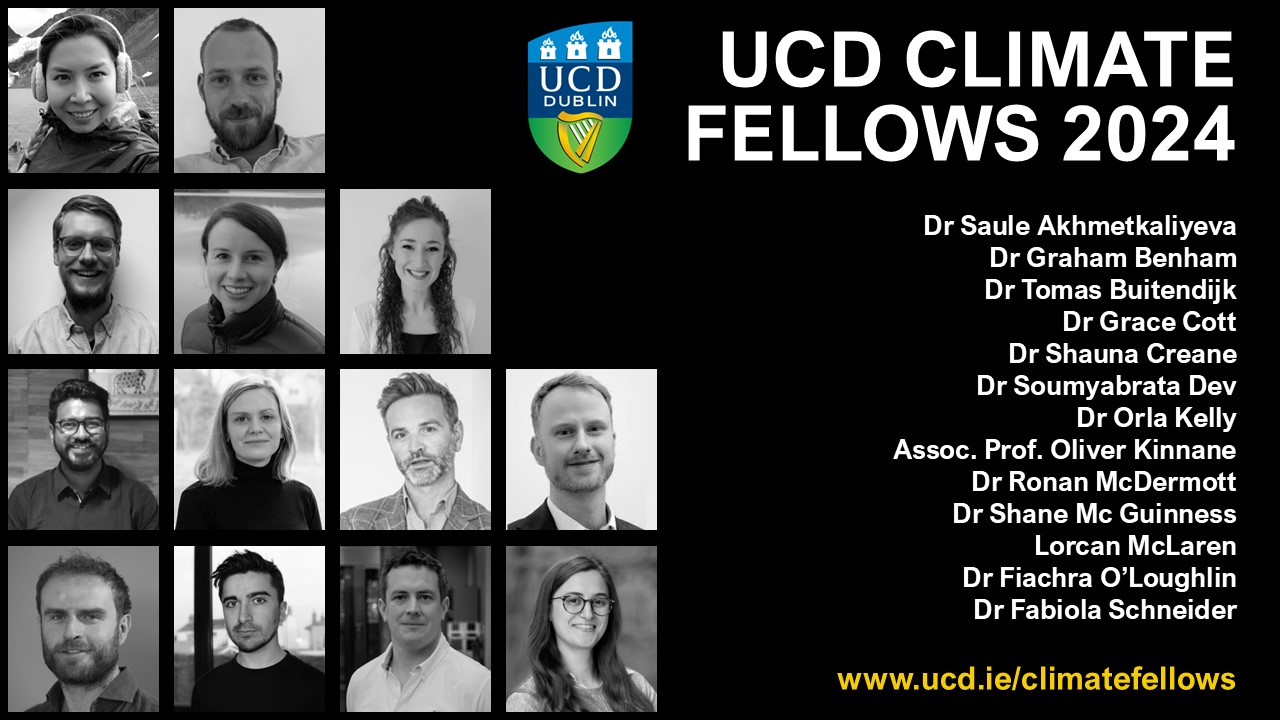The relationship between climate change and agriculture is a contentious, complex and important one. In this series of twelve blogs, UCD Adjunct Professor Frank Convery will explore the context, challenges and potential solutions for dairy, beef and sheep farming in Ireland. Each blog presents key evidence to underpin informed debate and the series seeks to help plot a sustainable future for the sector.
Responses are invited via earth.institute@ucd.ie.
Professor Eoin O'Neill, Director, UCD Earth Institute
Professor Frank Convery is an environmental economist with a distinguished academic career in Ireland and the US. He has chaired the boards of the Sustainable Energy Authority of Ireland, Comhar Sustainable Development Council and served on the Climate Change Committee chaired by John FitzGerald, and the AgriFood 2030 Committee chaired by Tom Arnold. The latter produced Food Vision 2030. From 2014 to 2018, he was chief economist with the Environmental Defense Fund, New York.
His passion is finding ways to bring the weight of learning down to where things are done; his ambition for the sector is the same as Food Vision 2030’s: “Ireland will become a world leader in Sustainable Food Systems (SFS) over the next decade. This will deliver significant benefits…and will also provide the basis for the future competitive advantage of the sector.”
Over the course of thirteen blog pieces in 2022 and 2023, Frank will explore past performance and attitudes to the issue of climate policy for ruminant agriculture in Ireland; the emerging metrics revolution; key international markets; and the adequacy of the policy instruments in prospect to drive climate achievement by the sector, what changes would deliver better outcomes. The series will conclude on the need for a mission-focussed effort to find ways that work to reduce ruminant methane emissions at scale.
Their format is simple: an introduction, the key evidence that informs performance and prospects, and an assessment in which Frank presents his opinions as to what the data tells him. The sources of most of the evidence cited is provided, including, where available, links and page numbers. The blogs aim to make it as easy as possible for readers to access and to understand the data, and to encourage them to engage with both using it and finding more and better evidence.
The debate about the Agri-food sector’s contribution to Ireland’s climate action targets (and how best to meet them) should be informed by top quality science and evidence. I believe that Frank Convery’s evidence-based blog series, produced in collaboration with UCD’s Earth Institute, will help ensure that the political and public debate debate on this critical issue can be more informed, courteous and balanced than it has been up to now.
Tom Arnold, Irish Government’s Special Envoy for Food Systems
Register for a weekly email notification when a new blog is published:
Header image credit: Giuseppe Milo.
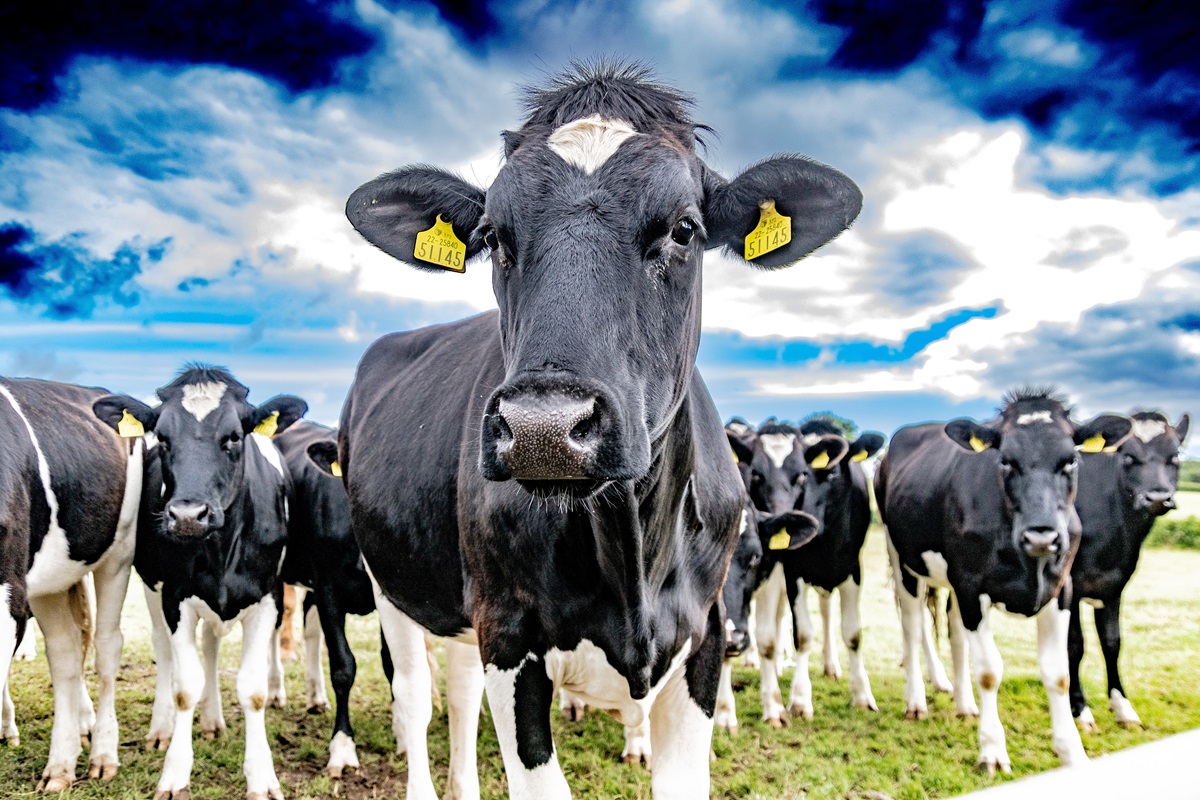
13. Climate Policy For Ruminant Agriculture: What Farmers Need
In his thirteen and final blog - written with farmers in mind - Professor Frank Convery focuses on what economists call the ‘public goods’ produced by farming – greenhouse gas emissions’ reduction and carbon storage (reducing leaks and removing carbon with vegetation and soils), better water quality, restoration of nature’s vitality etc. Frank concludes that a key edge that Irish farming already has in some markets is the willingness of some customers to pay premium prices for Irish products; holding onto premium customers will be at risk unless Irish farming matches the climate performance outcomes of its competitors in key export markets.
Read more
12. Climate Policy For Ruminant Agriculture: New Policies
Professor Frank Convery highlights several key points in his penultimate entry on new policy. First, if Irish ruminant farming doesn’t perform to high climate and environmental standards, there will be negative commercial consequences and spurious claims will be illegal. The sector also desperately needs ‘public goods’ success, defined as greenhouse emissions removed and carbon stored at scale, clean river catchments and vibrant nature especially around land-based Natura 2000 sites, for other reasons. There has been important policy progress in Ireland, Frank acknowledges, but for various reasons this progress will not be anything like enough to ensure success. Finally, due to the equity and political constraints described in more detail in the blog post, it will be impossible to change policies and outcomes within the current CAP framework. New policies and new money will be required and this will require changes in policy and evolution in the all-of-government approach, Frank concludes.
Read more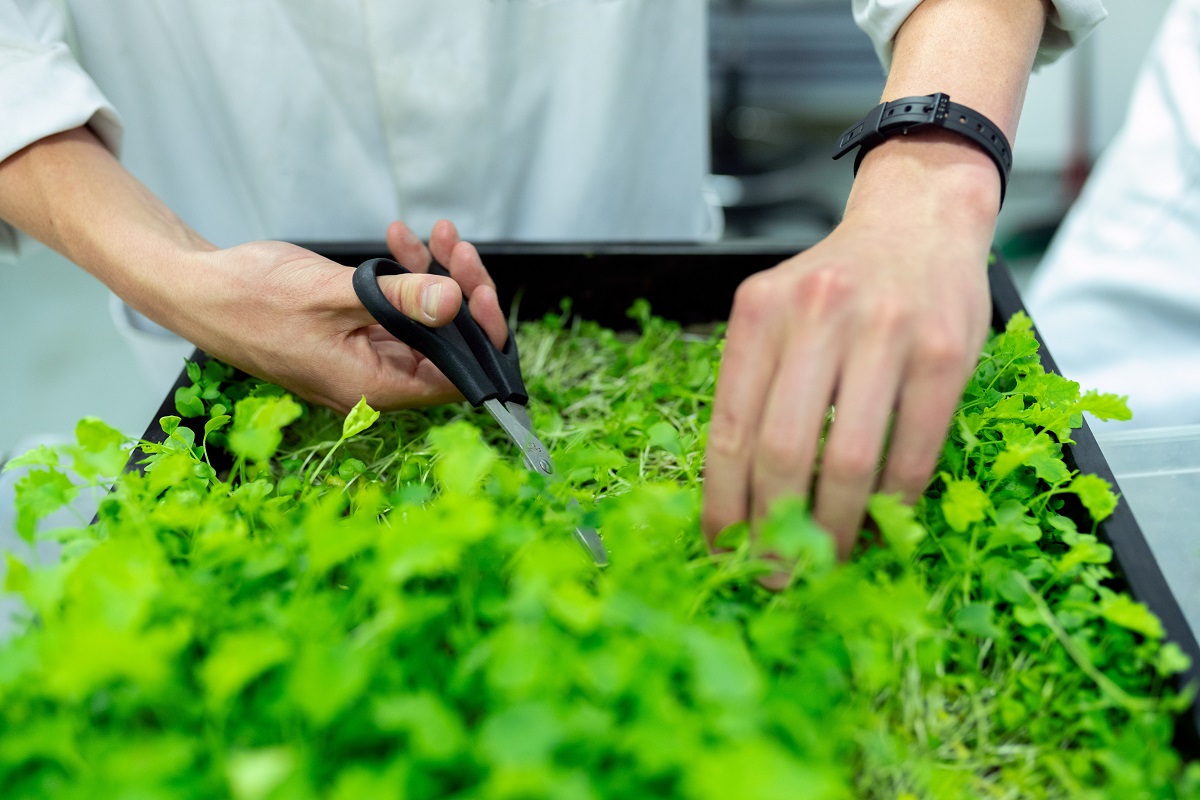
11. Climate Performance by Irish Ruminant Farming: Innovation
Climate innovation is about finding new and better ways to reduce greenhouse gas emissions and store carbon at scale and at low cost, says Professor Frank Convery. In his latest blog, Professor Convery explores how there have been giant strides in doing so in energy industry and transport, but the process is only beginning for ruminant farming. As rich countries that export most of what they produce, Ireland and New Zealand have a particular responsibility to find the ways that work to do so for pasture-based farming. Incremental gains in carbon efficiency are useful, but on their own will not be anything like enough to meet the challenge.
Read more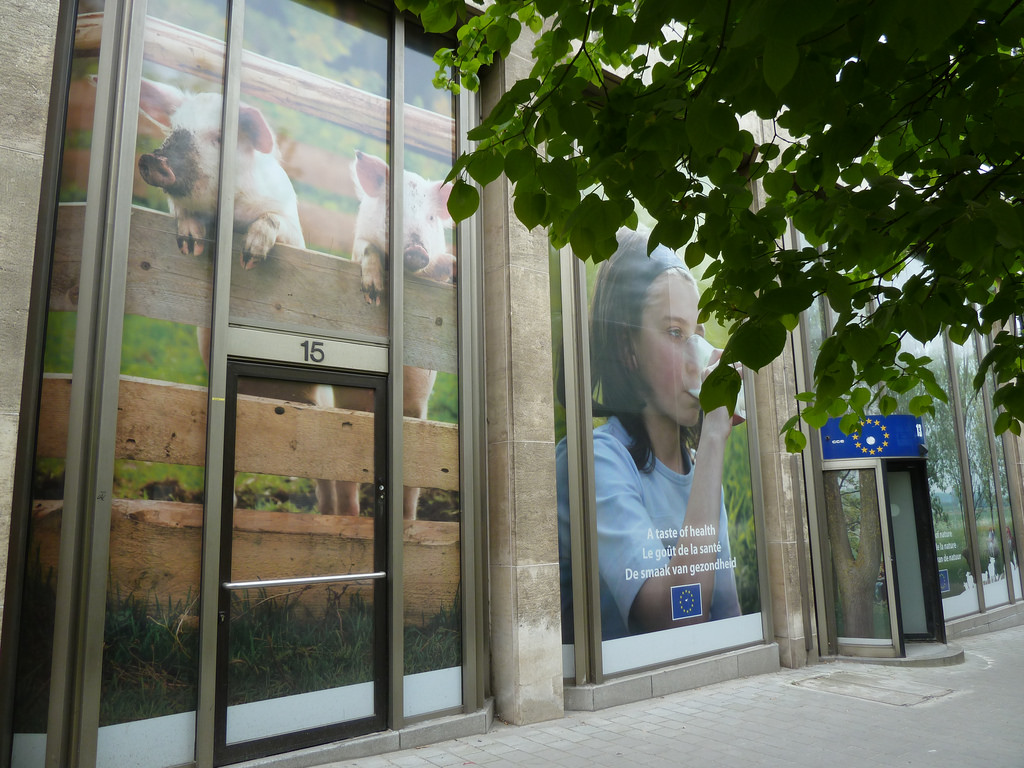
10. Climate Policy for Ruminant Agriculture: CAP 2023-2027
An overall conclusion is that implementation of Common Agricultural Policy (CAP) 2023-2027 will improve climate performance of the sector, but it is unlikely to, says Professor Frank Convery, reduce greenhouse gas emissions and store carbon at scale sufficient to meet government targets; deliver an average carbon footprint the ensures consumer loyalty in key markets; and make Ireland a world leader in sustainable food systems by 2030. One key challenge is the fact that the schemes are ‘opt in’ which creates incentives for farmers to free ride; another is that, relative to climate policies for other sectors, the policy instrument mix mobilised in CAP 2023-2027 is very narrow, says Professor Convery.
Read more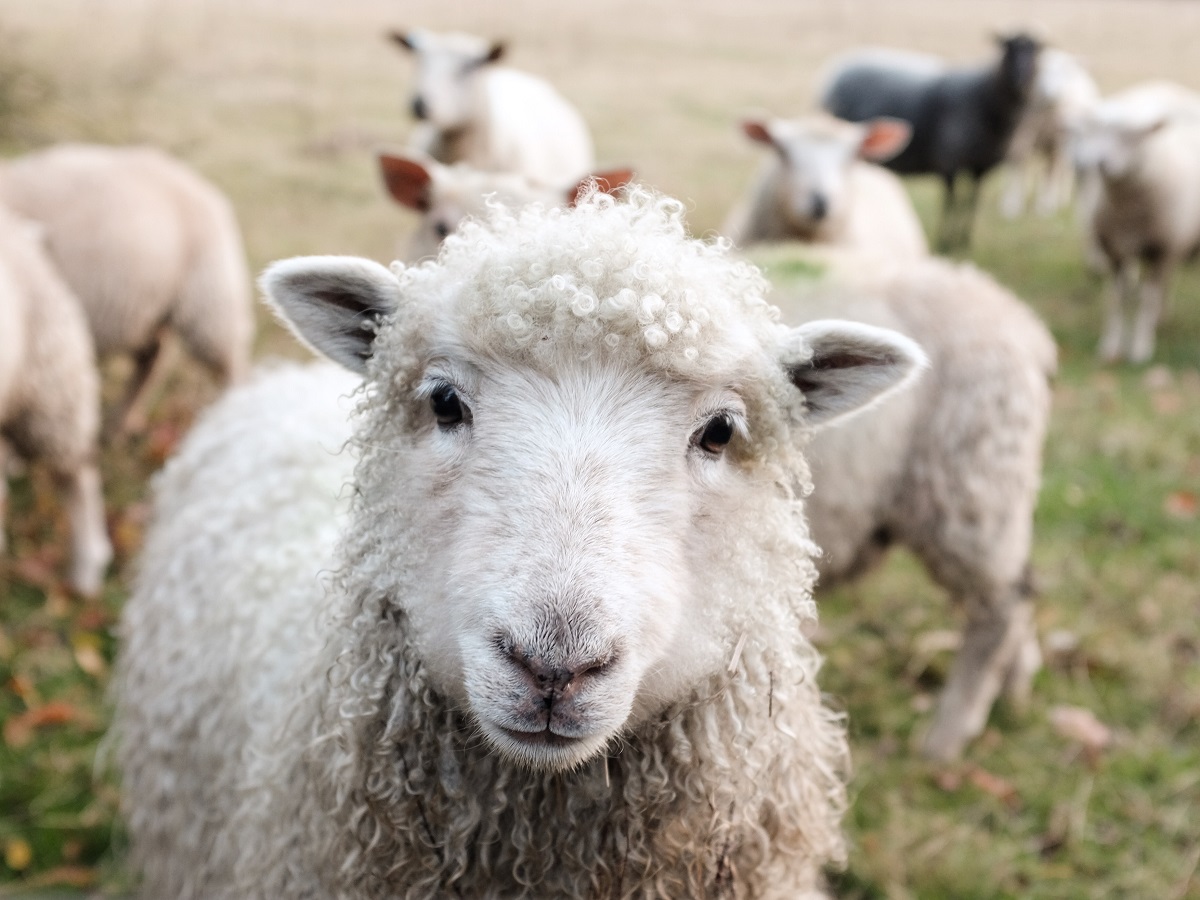
9. Climate Policy for Ruminant Agriculture: Essentials for Success
Frank Convery’s Some Essentials for Success blog addresses climate policy for Irish ruminant farming and the understanding of the menu of policy instruments available to drive emissions reduction and carbon removal at scale, by what criteria they can be judged, and what lessons can we learn from their application elsewhere. Examples such as European Union Emissions Trading Scheme; excise duties on transport fuels; modern Irish economic policy; and the plastic bags levy preliminarily show that the policy mix applied to climate policy for farming could be widened and deepened, says Professor Convery.
Read more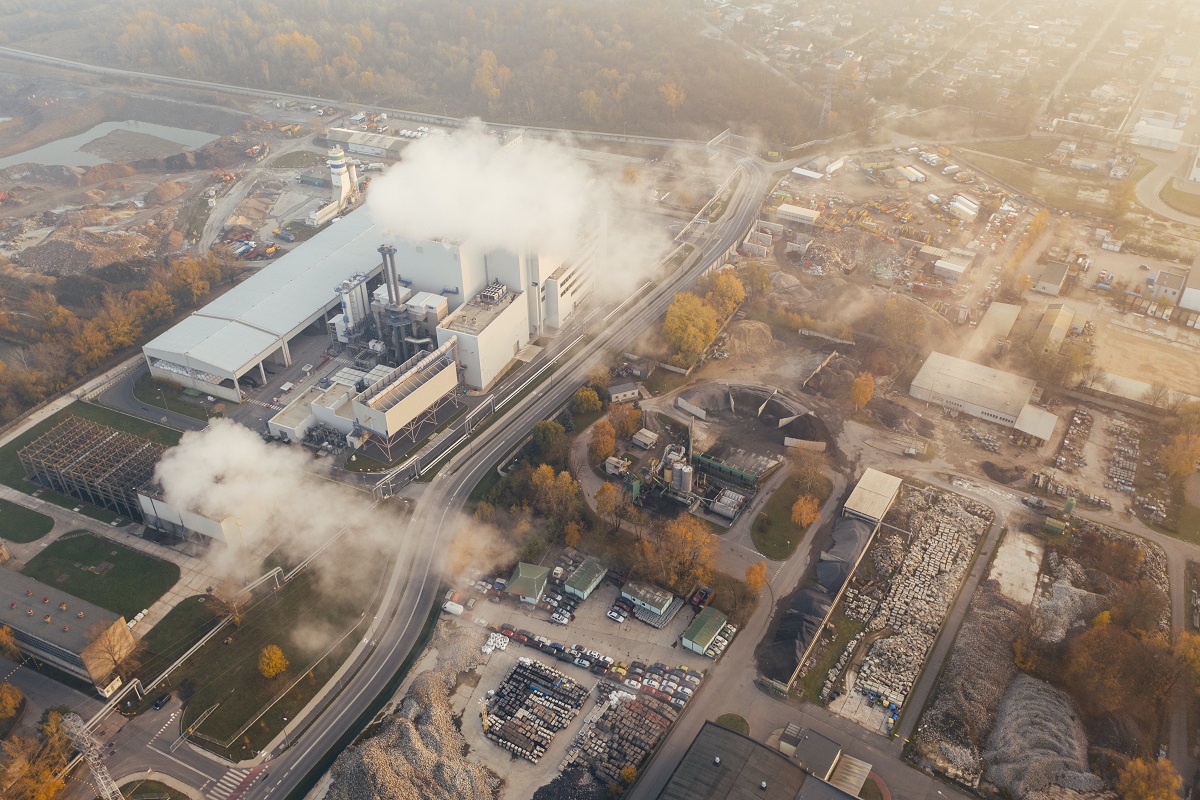
8. Climate Policy for Ruminant Agriculture: Companies
Climate change will be on the world’s agenda for a long time, and companies everywhere will need to decide how best to integrate this reality into their business models, says Professor Frank Convery.
For example, Origin Green, Ireland’s pioneering food and drink sustainability programme, is a great platform to help the Irish food sector become a world climate leader, but it can only succeed if it reduces emissions and removes carbon at scale.
How companies decide to react will depend in the first instance on their values: do they see this as a serious issue for the wellbeing of their posterity, and important enough to pause and take the time to understand the realities and to prioritize finding a way that works to navigate it?, asks Professor Convery.
Read more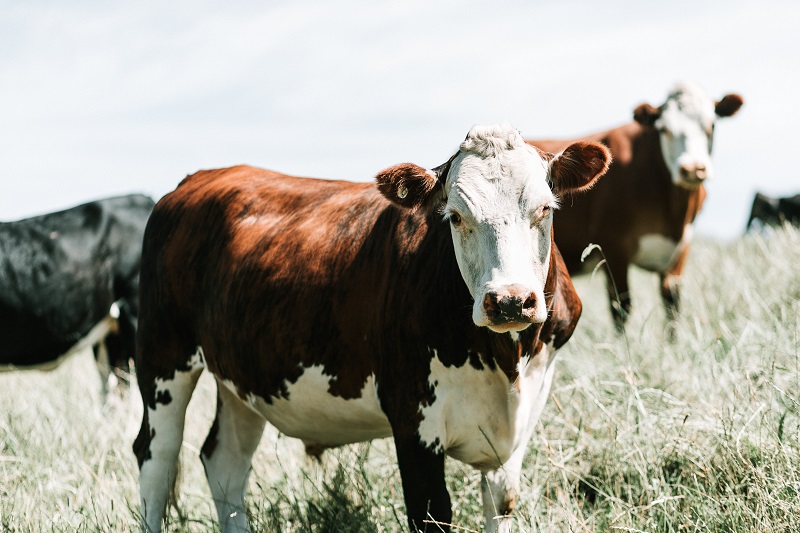
7. Climate Policy for Ruminant Agriculture: New Zealand
China is New Zealand’s dominant customer for their dairy, beef and veal, and lamb exports. China could wield it’s influence by demanding greenhouse gas emissions standards on food sold in its markets, similar to China’s existing demanding emissions standards on all new cars sold in its market. This could be a game changer for both New Zealand and the world and could result in New Zealand delivering a significant levy on agricultural greenhouse gas emissions applied proposed to all ruminant farms above a certain size. Through these measures, New Zealand could act as a climate champion for pasture-based ruminant farming on a global level with the potential for significant impact on ruminant farming in the US, EU, UK and perhaps in time Australia.
Read more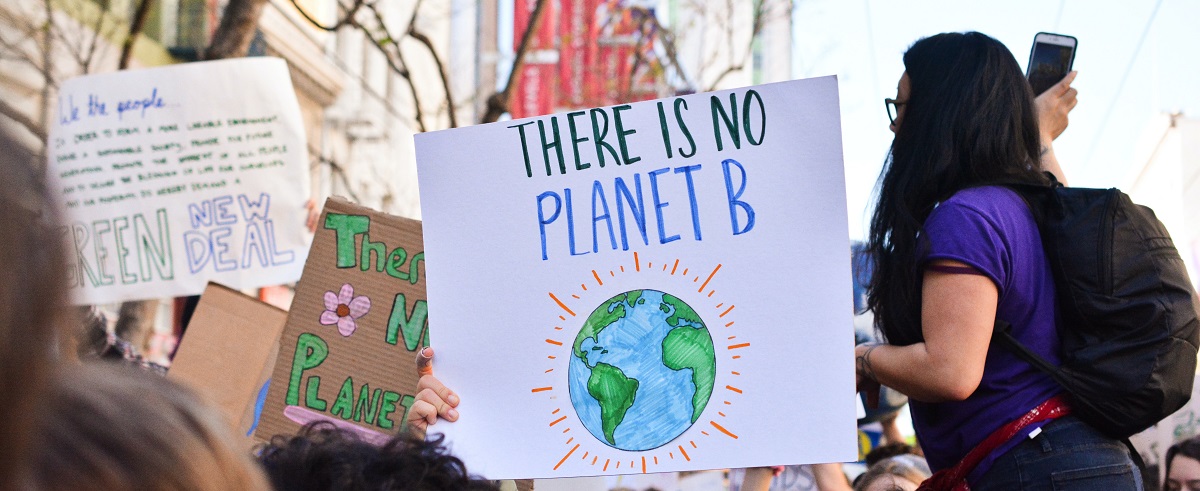
6. Climate Policy For Ruminant Agriculture In Ireland: Complacents Vs. Worriers
In the public discourse about Irish ruminant farming’s current and prospective climate footprint (Kgs of CO2e emissions per Kg of product) vis a vis its competition in key export markets, we observe two voices, says Professor Frank Convery: ‘the complacents’ and ‘the worriers’. ‘The complacents’ is the case making in public on Ireland’s climate policy by the Irish Farmers’ Association (IFA), Irish Creamery Milk Suppliers Association (ICMSA) and Michael O’Leary and their supporters in the Irish Farmers’ Journal make the case that Ireland’s past, present and presumably future climate performance is and will be world class. The second (the ‘worriers) are those who aspire to be world leaders in future sustainability performance – including carbon footprint – but have concerns that the steps needed to achieve this may not be delivered and this would have negative consequences in their key markets; this is a view held by many of those directly selling our food into fiercely competitive global markets, says Professor Convery
Read more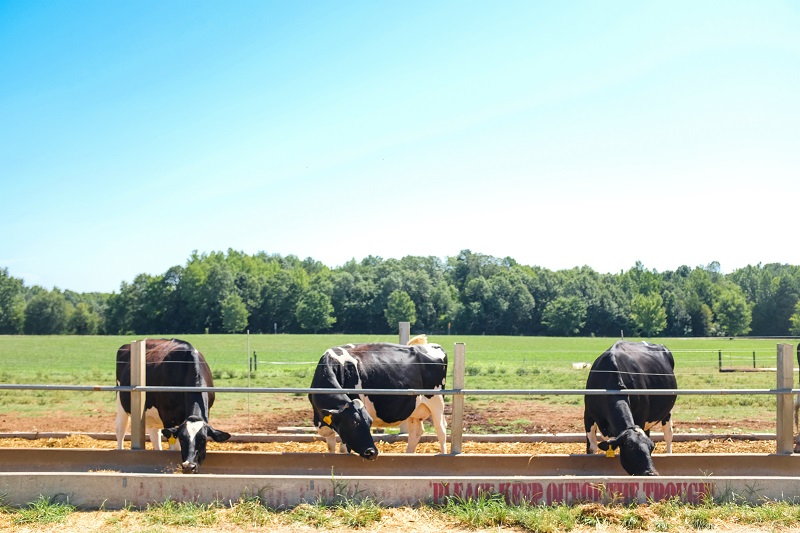
5. Climate Policy For Ruminant Agriculture In Ireland: US
The US could become a global leader in terms of minimising the carbon footprint of its dairy and beef sector, says Professor Frank Convery. Metrics will be decided by the US and, in some instances, could extend to other climate impacts, including biodiversity, water and air quality. If Ireland is to ‘become a world leader in Sustainable Food Systems (SFS)’, its food products in the US market will have to come close to matching the carbon intensity of food produced by US producers such as California who are likely to be the main source of such carbon-footprint competition in this market.
Read more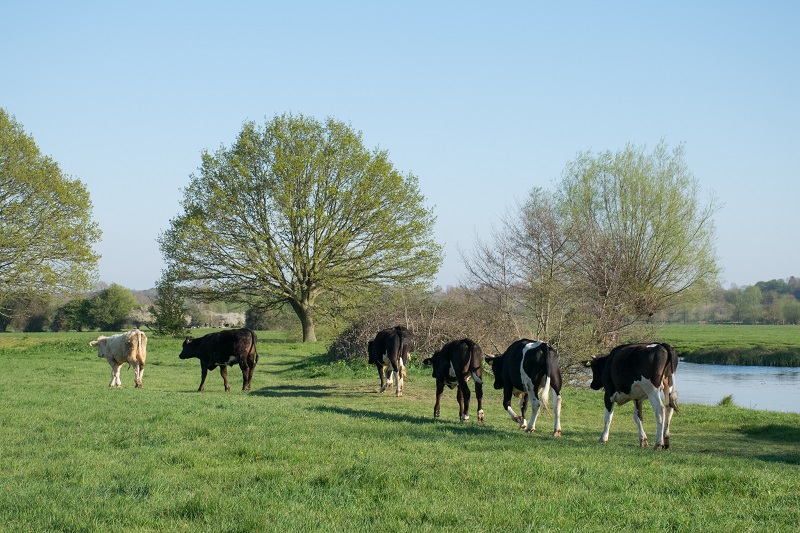
4. Climate Policy For Ruminant Agriculture In Ireland: United Kingdom (UK)
If Ireland is to ‘become a world leader in Sustainable Food Systems (SFS)’ its food products may need to at least match the carbon footprint of food produced within the UK, says Professor Frank Convery. The main competition in the UK market would come mainly from local producers and, in time (as the full provisions of the trade agreements with Australia and New Zealand take effect) with these suppliers. In 2021, exports from Ireland (Republic of) to Northern Ireland (NI) amounted to over €560 million. In this blog, Professor Convery provides evidence in favour of convergence of high carbon efficiency by ruminant farmers on the island of Ireland.
Read more
3. Climate Policy for Ruminant Agriculture in Ireland: The European Union (EU)
EU 27 is now the largest market for Irish ruminant farming (dairy, beef, sheep), consuming in aggregate 37% of Irish output by value in 2021. Unfettered access to this market – enabled by the Single Market, which came into effect from 1992 – is by far the most important and precious economic benefit resulting from our EU membership, says Professor Frank Convery. The main carbon competition within the EU market will come from local producers from within its member states. In his latest blog, Professor Convery argues that, if Irish supply was reduced to this market, it would be displaced therein by milk and beef products that would be produced with the average emission intensity globally doesn’t stand up to scrutiny.
Read more
2. Climate Policy for Ruminant Agriculture in Ireland: The Coming Metrics Revolution
Metrics matter in terms of evaluating climate performance by Irish ruminant farming and recent developments connote a seriousness of purpose in this regard, says Professor Frank Convery. Two potential sources of satellite-based metrics include the first satellite (MethaneSat) designed specifically to measure methane emissions due to launch in 2023 followed two years later in 2025 by the launch of an EU-sponsored satellite. We do not know whether either will provide credible farm-based emissions from pasture-based systems, but we do know that technology is often a surprise, it will provide information in real time, and be a constant source of media commentary.
Read more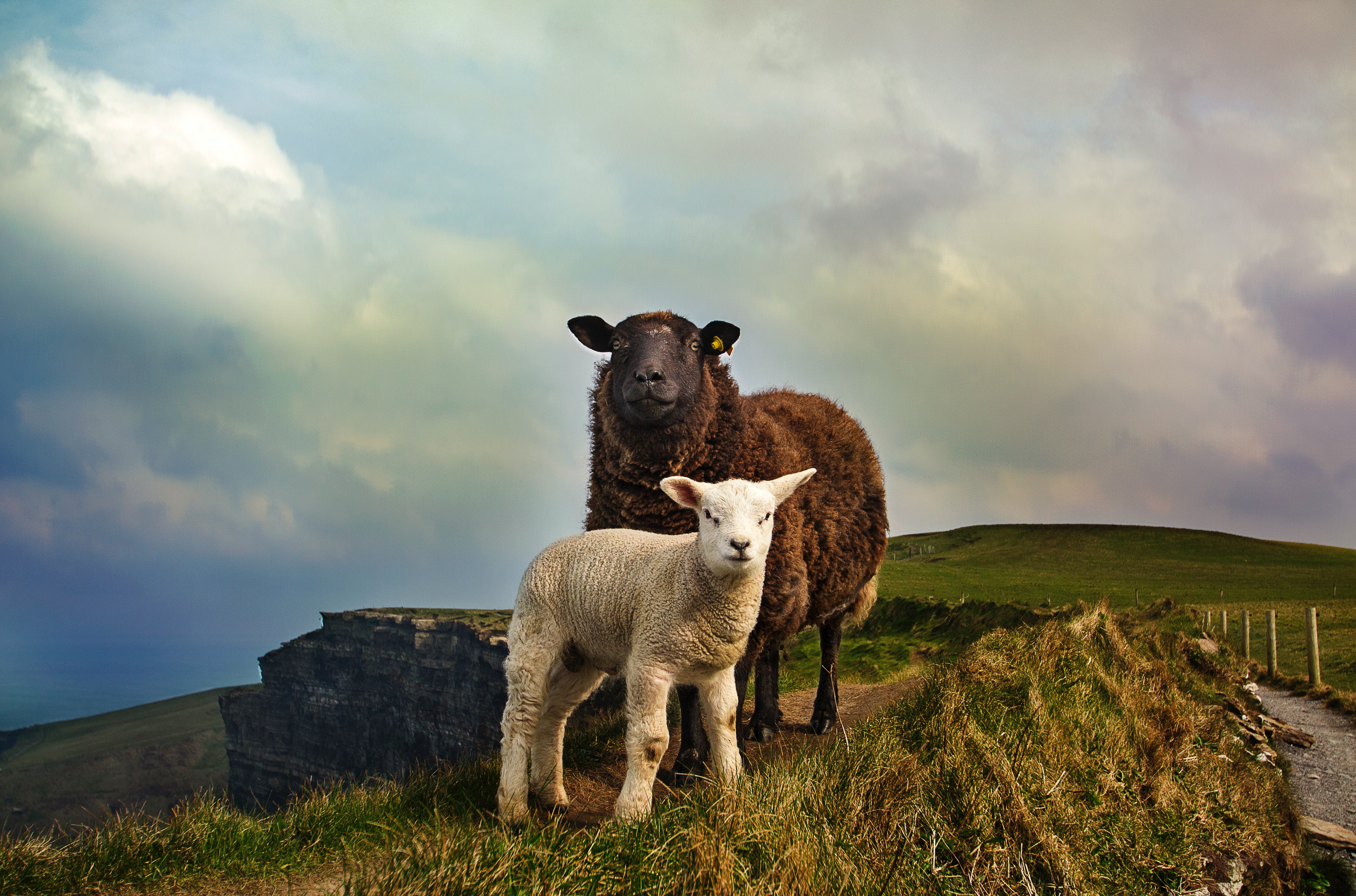
1. Climate Policy for Ruminant Agriculture in Ireland: Looking Back
Ireland has little hope of becoming a world leader in Sustainable Food Systems (SFS) unless it understands and acknowledges the reality of its climate performance, says Professor Frank Convery. Rural Ireland is hugely dependent on the export earnings of its ruminant farming, almost two thirds of which is earned by the dairy sector. The EU, UK, and the US account for the majority of Ireland’s farming exports by value. Consumers in these markets, and the climate policies that are implemented therein, will determine whether the carbon footprint of Irish farming is competitive in these markets.
Read more